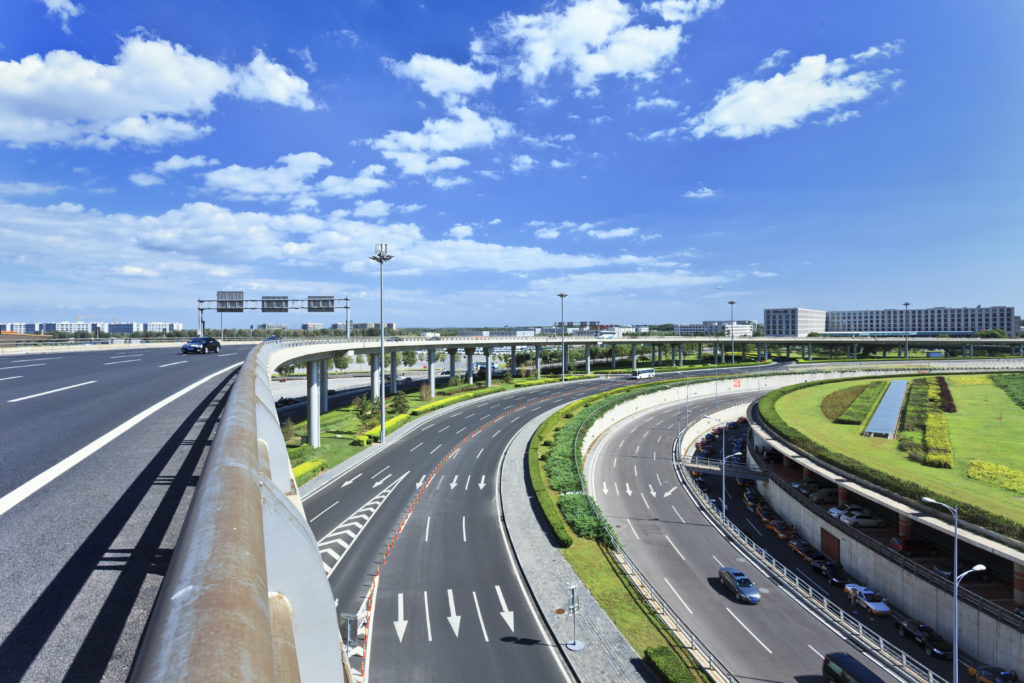The Brazilian government unveiled a highway improvement plan with 35 concessions and public investments of up to 80bn reais (US$16.3bn).
The plan will run through 2026, when the term of President Luiz Inácio Lula da Silva ends.
“Brazil is more balanced, with more solid economic indicators and greater investment capacity. Last year we had 20bn reais made available for highways and over the four years of Lula’s term we will reach a total of 80bn reais,” transport minister Renan Filho told a press conference.
“We want to expand private investments. It’s not reasonable for Brazil to hold one road tender per year, which is the historic average in Brazil if we consider the period from 1990 until now,” he said.
For this year, the plan includes tenders for 13 concession contracts in the highway sector.
The plan is considered ambitious by some stakeholders who say it will require certain conditions to be met in order to be successful.
“To accelerate the offering of concession contracts, it’s necessary for each contract to be very well structured with all the risks shown clearly in the tender notice, giving investors visibility of the potential return. If there are too many doubts about the projects, operators will stay away from the auctions,” Roberto Guimarães, planning and economics director of local infrastructure association, Abdib, told BNamericas.
“Another important condition for these plans to become reality is the evolution of the [Selic] interest rate in Brazil, which has room for a quicker reduction due to the slowdown in inflation,” said Guimarães, adding that it is difficult for investors to take on long-term contracts when the benchmark rate is in double-digit territory.
The central bank started a monetary easing cycle in August last year and the Selic is currently at 11.75%, with analysts expecting further reductions in the coming months.
The announcement of the new highway concessions comes at a “very opportune time” as slowing inflation and falling interest rates will see investors seeking greater portfolio diversification, Carlos Takahashi, a senior advisor at Monte Capital Management, told BNamericas. “Investments in infrastructure and assets linked to the real economy will make a lot of sense in this context.”
New legislation giving tax breaks to issuers of local infrastructure bonds also represents a key step forward for the government’s transportation agenda, Takahashi added.
Meanwhile, the transport ministry said it will speed up talks with some highway concessionaires who are seeking contract revisions.
Brazilian law allows companies to request revisions of concessions in the case of major changes in demand and economic conditions during the contractual period. Several highway concessions offered in the 2010s were impacted by recessions and political turmoil, and there are 14 contracts that will be reviewed by the government to ensure the continuity of the concession holders.
“These 14 contracts represent total investments of 110bn reais. Once we find the solution to rebalance the contracts, these investments can be made quickly because we’re talking about projects that have all their permits approved,” said the transport minister.


